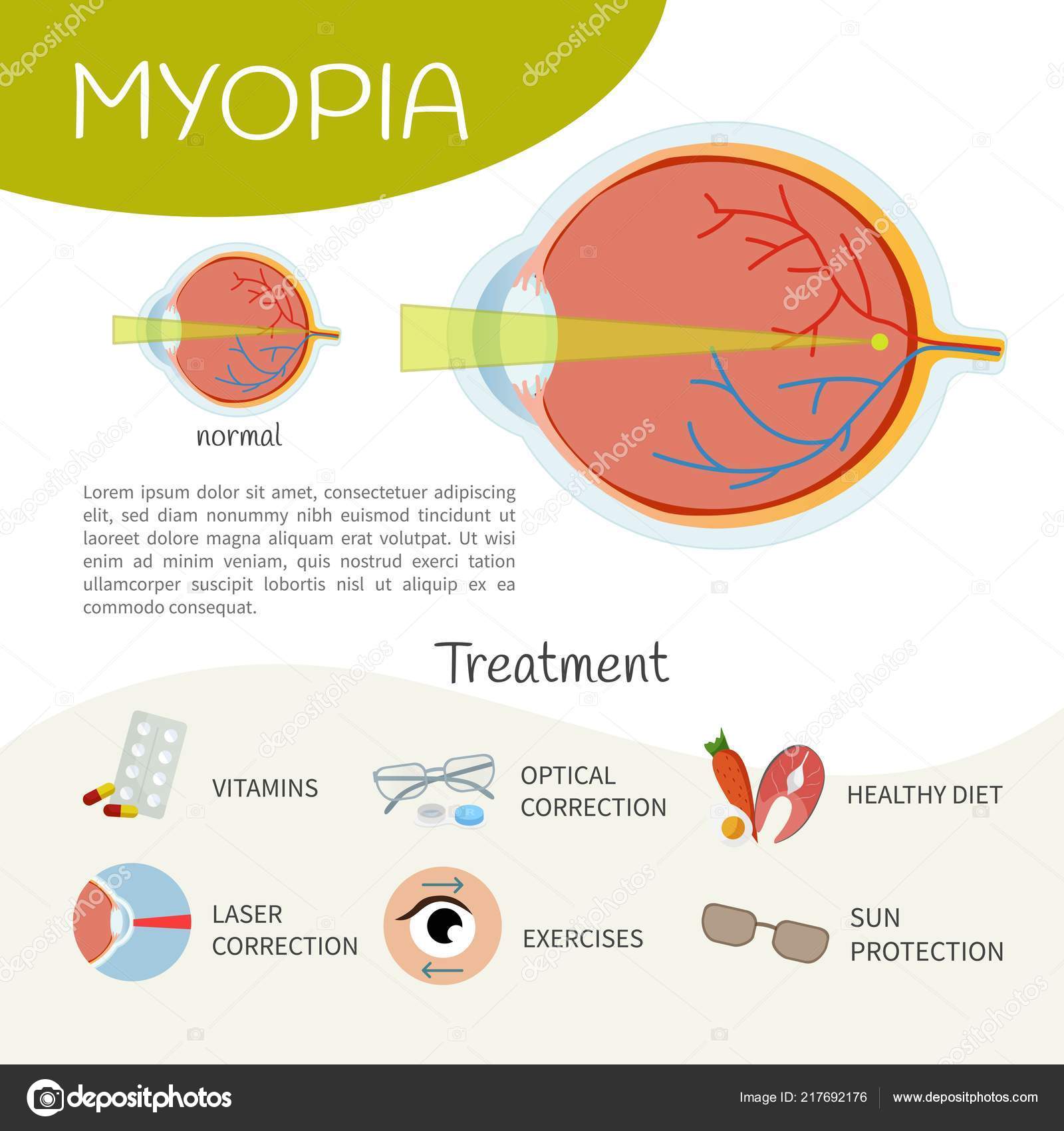Learn More About The Benefits Of Refractive Lens Exchange And The Unexpected Understandings Your Eye Expert May Not Point Out-- Could This Be The Response To Your Vision Requires That You've Been Missing Out On?
Learn More About The Benefits Of Refractive Lens Exchange And The Unexpected Understandings Your Eye Expert May Not Point Out-- Could This Be The Response To Your Vision Requires That You've Been Missing Out On?
Blog Article
Web Content Author-Hendricks Wollesen
Have you ever considered Refractive Lens Exchange (RLE) as an option for vision correction? While it isn't as widely discussed as LASIK, RLE could be a game-changer for your vision. Lots of people overlook its benefits, thinking traditional methods are their only selection. Yet what are the actual benefits, and what might your eye doctor not be informing you regarding this procedure? Let's discover the ins and outs of RLE with each other.
Comprehending Refractive Lens Exchange: The Essentials
Refractive lens exchange (RLE) is an operation that can dramatically boost your vision, particularly if you're managing presbyopia or serious refractive errors.
During RLE, your eye cosmetic surgeon eliminates your eye's all-natural lens and replaces it with a synthetic one customized to your vision needs. This procedure can deal with nearsightedness, farsightedness, and astigmatism, giving you more clear vision without depending on glasses or get in touch with lenses.
The surgery is typically fast, taking less than an hour, and most individuals experience very little discomfort. Recovery is reasonably quick, enabling you to go back to your day-to-day tasks quickly after.
If you're thinking about RLE, seeking advice from your optometrist can aid you establish if it's the best choice for you.
Key Distinctions In Between RLE and Typical Cataract Surgical Treatment
While both refractive lens exchange (RLE) and traditional cataract surgical treatment entail changing the eye's all-natural lens, their main goals and client profiles vary substantially.
RLE is focused on people seeking to decrease their dependancy on glasses or call lenses as a result of refractive errors, usually prior to cataracts establish. In contrast, traditional cataract surgical procedure typically targets people who've developed cataracts, which shadow the lens and impair vision.
The lenses utilized in RLE can give a wider range of vision improvement, while common cataract surgical treatment usually involves basic monofocal lenses.
Additionally, RLE prospects are usually younger and in great general health, whereas cataract clients might be older and have various other health issues.
Picking the ideal procedure depends upon your particular vision requirements and circumstances.
Possible Benefits and Factors To Consider of RLE
If you're taking into consideration refractive lens exchange (RLE), you'll locate several prospective advantages that might improve your quality of life.
RLE can provide you with clearer vision, minimizing or removing the requirement for glasses or contact lenses. It provides a possibility to deal with presbyopia and other refractive mistakes at the same time, commonly boosting your total visual acuity.
Furthermore, RLE can be a terrific option if you're not a suitable candidate for LASIK. However, Source Webpage is very important to consider the considerations, like the cost, prospective risks, and the recovery duration.
Reviewing visit the following page with your ophthalmologist can assist you make a notified choice, guaranteeing you select the best path for your vision improvement.
Conclusion
In conclusion, refractive lens exchange supplies a distinct remedy for vision improvement that exceeds what LASIK can supply. It's important to consider the benefits versus prospective threats and costs prior to making a decision. Don't think twice to ask your optometrist the difficult inquiries to ensure you fully comprehend the procedure and its implications for your vision. With the right details, you can with confidence choose the best choice for your eyes and way of living.
